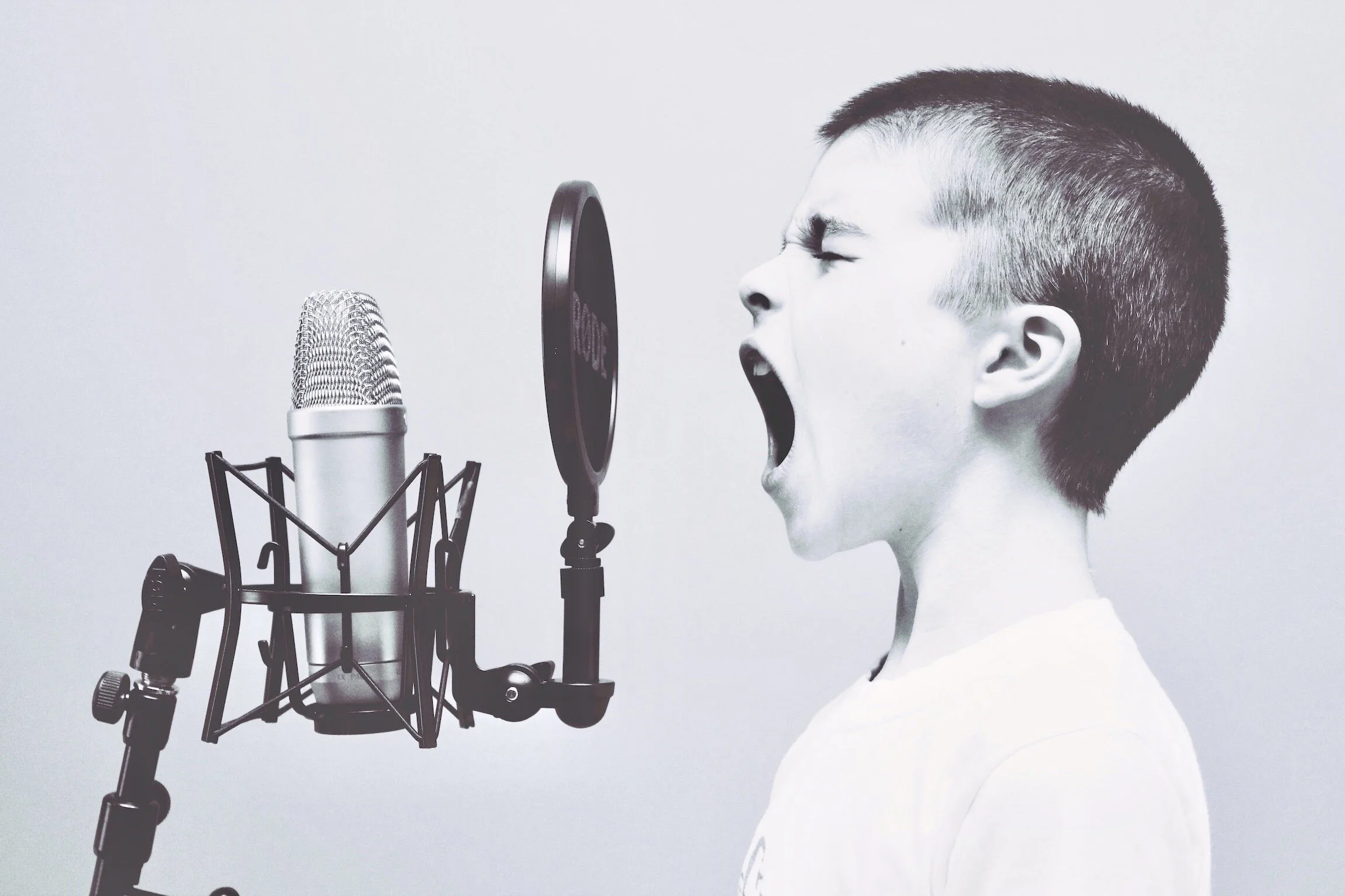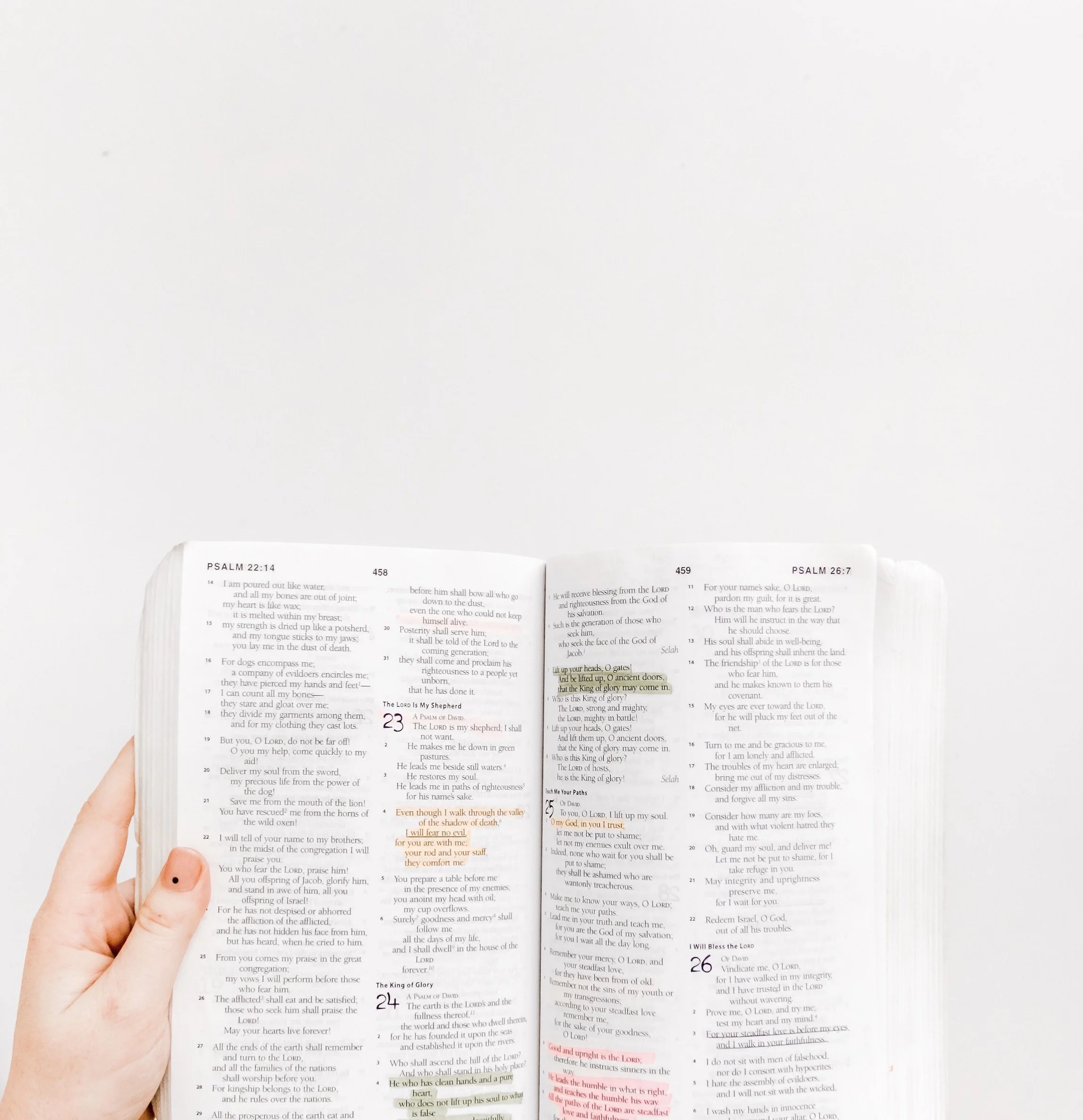How To Not Yell At Your Child
Yelling silences your message. Speak quietly so your children can hear your words instead of just your voice.
- L.R. Knost
There are all kinds of stereotypes about parenting that I like to believe don’t have to be true. Your teenager doesn’t have to hate being at home or talking to you. Your young child should be able to obey you the first time you ask. You shouldn’t have to yell at your kids.
I remember there was a period when I thought about that last one a lot. The kids were pretty young back then, and it seemed like most parents of young kids raised their voices at their children, if not in public, then certainly if you hung around them long enough at home, and even if it was a habit you yourself had gotten in to, it felt uncomfortable to see. It was uncomfortable and ineffective. The parents yelling at their kids didn’t seem to get them to obey any faster or better. It just raised the level of tension in the room.
I decided I didn’t want to yell at my kids. I read everything I could about it—the most interesting tip I found was to try whispering instead of yelling. I went through an entire day whispering admonitions—it was novel enough to get the kids’ attention, but in the end wasn’t terribly sustainable.
I ended up figuring out that I yell at my kids for basically one of two reasons: anger and laziness. Yelling because I was angry was a quick, selfish fix. It let me vent out my accrued weariness. It was like an auditory slap on the hand when a child misbehaved. But it didn’t actually or effectively address that child’s misbehavior, or my depletion. To do that, I had to acknowledge and cope with my fatigue, or do the hard work of providing consistent discipline. What yelling did instead was automatically escalate the anger I felt. If I began with mild frustration, yelling would turn that into genuine anger; if I was already angry, yelling would blow up the shreds of my self-control. It was like pushing the gas pedal on the vehicle of my emotions: it accelerated my feelings and perceptions to a place where wise decisions were rarely made. Simply raising the volume of my voice was enough to do that.
If anger was behind emotional yelling, then laziness was behind habitual yelling. We lived in a two-story house, and man, those stairs were exhausting. I simply didn’t want to bother getting up and walking to wherever my kid was. It was easier to yell: “dinnertime!” “we have to go in five minutes!” “clean this up!”
What I realized was that my kids failed to respond not because they heard and chose to disobey (most of the time), but because it is normal for children to be too absorbed with what they’re doing to pay attention. Kids, especially young kids, become consumed by whatever is in front of them; they inhabit their imaginations and immediate senses more perhaps than we tend to do. I would stomp up the stairs, already mad, when they were just reading, or playing with a toy, or thinking about some story, and simply hadn’t really heard me.
In the end, the most helpful rule I came up with for myself was this: instead of yelling at my child, I should walk over to them, initiate a physical touch and eye contact, and then say whatever I wanted to say. The kids had this rule for each other, too. Over the years, it’s been helpful in a house with six people where there are often multiple conversations and distractions going on at the same time.
Underlying this is the truth that we cannot connect with our kids simply when and how we want to. We tend to assume that connection should happen naturally, that people want, or can, connect with us in the ways we ourselves best connect with others, but the truth is that it’s rarely that easy or automatic. It’s going to involve putting ourselves aside. It’s going to feel like work, like getting up, finding our kids, noting what they’re doing, and engaging with them at their level, instead of just lobbing some imperative across the house with a raised voice.
So in a way, my decision back then not to yell at the kids is the same decision I make now, every time I am willing to do the work of connection. These days, that could mean spending quality time on a date or fun activity even if it wouldn’t be my first choice as something to do. It could mean writing a letter, or stopping a chore to sit down and hold someone. It’s showing up every day to give rides on the off-chance a good conversation happens in the car. Some of these things may change as our kids evolve, but it’s important to work at it, because they won’t be around forever. I’m just on the cusp of that, just beginning to functionally grasp the reality that my kids will leave one day, and I’ll be glad for any thought I put into connecting with them while I still could.






